No one is born with perfect listening skills. We need to acquire and nurture those skills during early childhood and adolescence.
Children, who listen keenly to directions, their teacher in the classroom and just everyday conversation, have distinct advantages over their friends, who are simply just hearing.
Efficient listening saves time and results in improved academic and social skills.
Listening comprehension is more than just hearing what is said. It’s a child’s ability to understand the meaning of the words they hear and to relate to them.
When children hear a story, good listening comprehension enables them to understand it, remember it, discuss it and even retell it in their own words.
Today, the television, tablets, videogames and cell phones that kids use do not require listening skills, because of all the visual clues given. Children are receiving vast amounts of information – visually – and have no urgency in listening to what is being said.
Hearing is the passive reception of sound, whilst listening, in contrast, is active participation in what you hear. One can be good at hearing, but poor at listening.
Early Warning Signs of Poor Active Listening Skills:
According to the National Centre for Learning Disabilities (USA), and early education specialists from across the world, these are the early warning signs of poor active listening skills:
- Consistently misses directions and needs them repeated.
- Doesn’t seem to hear you the first time.
- Has a hard time paying attention when you talk to them.
- Is consistently forgetting things or claims; “I can’t remember”.
- Can’t follow more than one direction at a time.
- Is easily distracted and/or extremely restless.
- Doesn’t like to be read to.
What Parents or Teachers May Notice
Ages 5 to 6
- Unable to sit still on the carpet during story time.
- Unable to recall what the story is all about.
- Unable to visualise information (mental picture).
- Unable to remember multiple-step directions.
Ages 7 +
- Daydreaming.
- Yielding to distractions.
- Reacting to emotional words.
- Jumping to conclusions.
- Faking attention.
- Not sure about assignment topics.
- Misses important information.
Active listening is a skill that can be acquired and developed with practice. ‘Active listening’ means, as its name suggests, actively listening. That is fully concentrating on what is being said rather than just passively ‘hearing’ the message of the speaker.
Active listening involves listening with all senses.
Biolink Attention Training is here to help. We assist in educating parents and teachers by presenting workshops, alongside our neurocognitive training sessions for students to improve weak executive functioning skills, as well as attentional control.
Contact Anika van Heerden, if you are interested in finding out more about the Biolink Attention Training programme. Call 073 095 4431 or email anika@bio-link.co.za. Follow Biolink on Facebook at www.facebook.com/biolinkeastlondon.
Anika van Heerden is the Biolink Attention Training East London Agent. She holds a B.Hons Learner Support and a B.Ed Foundation Phase.









